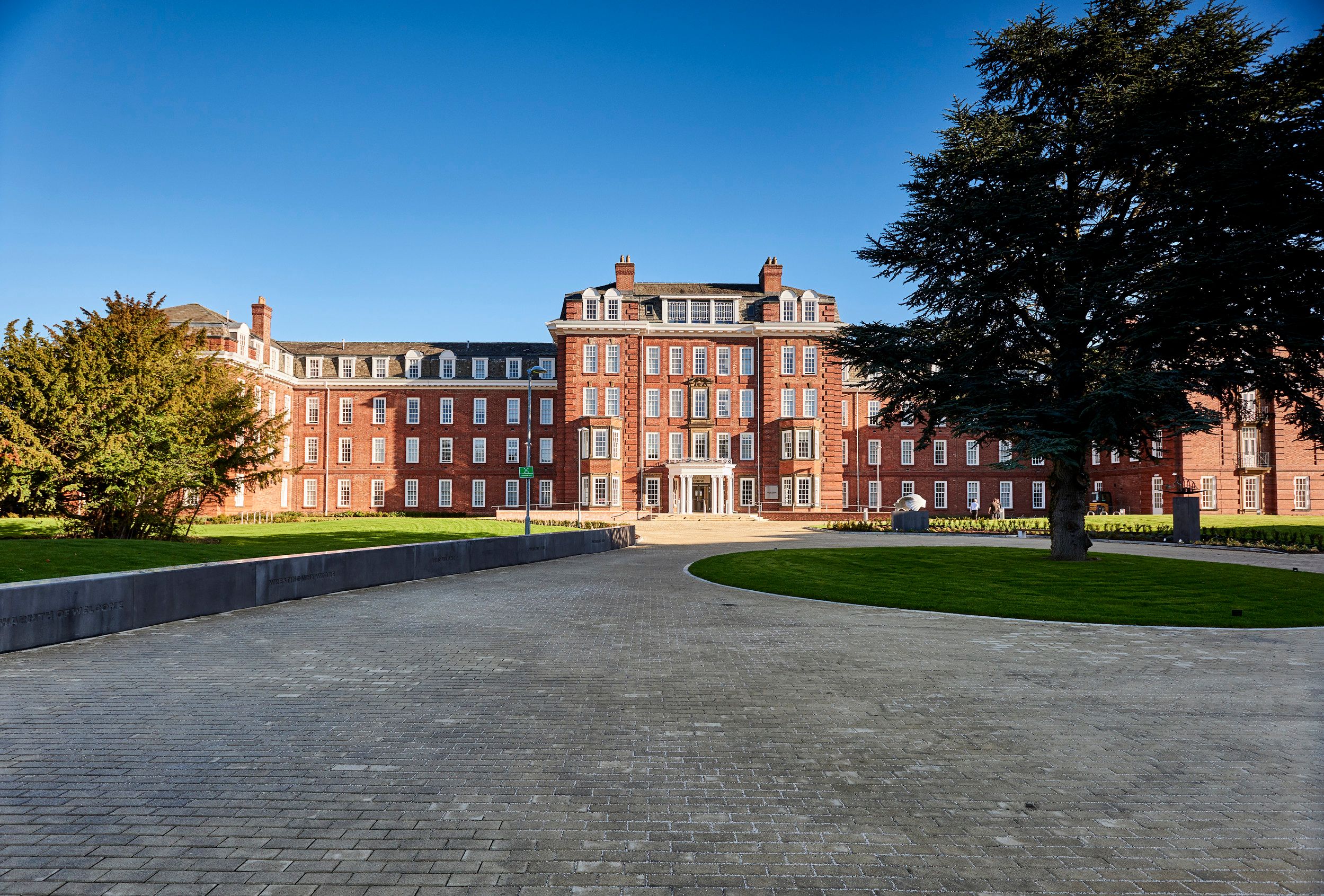Tips for Buying a Student Rental Property Near Durham University
Investing in a student rental property near Durham University can be a lucrative venture, given the strong demand for student accommodation in the area. However, property experts like estate agents in Durham say, it’s important to approach this investment with careful planning and consideration. Here are some essential tips to help you buy a student rental property near Durham University.
1. Research the Student Market
Understand Student Needs
- Proximity to University: The closer your property is to the university, the more attractive it will be to students. Look for properties within walking distance or with easy access to public transport links that connect directly to the university campus.
- Amenities: Students typically prefer properties near shops, cafes, and social venues. Ensure your property is located in an area that offers these amenities, as it can significantly impact the property’s desirability.
Identify Popular Areas
- City Centre: The City Centre is highly sought after by students due to its proximity to Durham University, local amenities, and vibrant nightlife. Properties here are likely to command higher rents but may come with a higher initial investment.
- Gilesgate: An affordable area popular with students, Gilesgate offers a mix of terraced houses and flats, with good access to the university and local shops. It’s a great option for those looking to balance affordability with rental income.
- Nevilles Cross: Slightly further from the City Centre, Nevilles Cross is another area favoured by students, particularly those who value a quieter environment. This area offers larger properties that can accommodate groups of students, potentially increasing rental yields.
2. Consider Property Type and Layout
Opt for Multiple Bedrooms
- Higher Rental Yields: Properties with multiple bedrooms, such as terraced houses or larger flats, allow you to rent out individual rooms to different students. This increases your rental income and spreads the risk, as the loss of one tenant won’t mean a complete loss of income.
- Flexible Layout: Consider properties with flexible layouts that can be adapted to meet the needs of students. For example, a property with a living room that can be converted into an additional bedroom can increase your rental income.
Ensure Adequate Facilities
- Bathrooms and Kitchens: Properties with multiple bathrooms and a well-equipped kitchen are highly desirable among students. If possible, look for properties that offer these features, or consider renovating to add them.
- Common Areas: Providing a communal area, such as a living room or dining space, is important for student tenants who value shared living spaces for socialising.
3. Budget for Initial and Ongoing Costs
Calculate the Total Investment
- Purchase Price: Student properties in popular areas near Durham University may come with a premium price tag. Ensure that you have a clear budget and understand how much you can afford, factoring in additional costs such as stamp duty, legal fees, and renovations.
- Renovation Costs: Many student properties may require some level of refurbishment or modernisation. Budget for these costs and consider the return on investment that these improvements could bring in terms of higher rents or reduced vacancy rates.
Factor in Maintenance and Management Costs
- Ongoing Maintenance: Student properties typically require more maintenance due to higher tenant turnover and the wear and tear associated with student living. Ensure that you budget for ongoing maintenance costs to keep the property in good condition.
- Property Management: If you’re not local to Durham or prefer a hands-off approach, consider hiring a property management company. They can handle tenant management, maintenance, and compliance with regulations, but their services will come at a cost.
4. Understand Legal and Regulatory Requirements
HMO Licensing
House in Multiple Occupation License: If you’re intending to rent your property to three or more tenants who are members of more than one household, then your property can be classed as an HMO. In such cases, you will be required to secure an HMO license from the local council. An HMO will have specific standards relating to safety, room sizes, and facilities.
Safety Requirements: Ensuring the property meets all fire safety requirements, including having sufficient smoke alarms, fire extinguishers, fire doors, and regular maintenance checks of gas and electrical appliances.
Tenancy Agreements and Deposit Protection
Tenancy Agreements: Sign a legally binding tenancy agreement that clearly states the terms and conditions of the tenancy, which should normally include rent amount, payment schedule, and tenants’ responsibilities in order to protect both you and your tenants.
Deposit Protection: Any deposits paid by your tenants have to be protected by a government-approved scheme for deposit protection. This is a legal requirement and it ensures that the deposit is returned fairly on completion of the tenancy.
- Expect High Tenant Turnover
Early Marketing: Market your property many months before the beginning of the academic year because students usually secure accommodation long before they start their course. Use student property portals, local estate agents, and university accommodation services to reach as many potential tenants as possible.
Emphasise the Right Features: Highlight those features that students find most appealing in your advertisement, such as the distance from the university, transport facilities, and amenities around. High-quality photographs together with an elaborate description of your property are likely to be noticed more often.
Be Prepared for Tenancy Changes
End of tenancy checks: Undertake a detailed end-of-tenancy survey to assess the condition of the property and resolve any maintenance issues before cleaning for new occupants. That will ensure the condition of the property to be sound for the new tenants and avoid deposit disputes. Professional cleaning and maintenance: Between two tenancies, have the property cleaned by a professional and ensure all the necessary touch-ups are done. A well-maintained property will attract new tenants in no time.
- Think of the Long-run as an Investor
Capital Growth
Growth Potential: While the rental yield is important, consider the long-term capital growth of your property. Historic city Durham will witness its value increasing over time with the stable population of students.
Future Developments: Think about the future developments or infrastructure that are bound to come up in Durham and which will be an impetus for your property to appreciate, say for example new transport links or university expansions.
Flexibility for the Future
Alternative Uses: Think about all the possible future uses for your property. For example, in case you don’t want to let to students any more, can the property easily be converted for possible future use for a family or a professional let? Versatile layouts in attractive locations will provide more options later on.
Conclusion
Involving investment in student rental property near Durham University can be a smart move, promising high rental yields and demand. By conducting detailed market research, you can select the right properties and manage them appropriately to yield the best possible returns while building a successful property investment portfolio. Don’t forget, however, that when making an investment decision, you not only take into consideration the short-term rental income but also the long-term potential for capital appreciation. Strategic planning and management of your student rental property can ensure that it provides a constant income stream and a lasting asset for you into the future.






